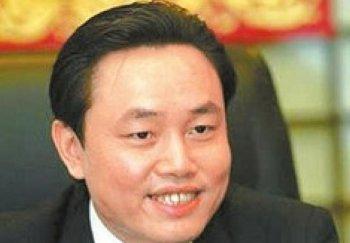GOME Electrical Appliances, a household appliance retail giant in China, used to be an industry legend. At the end of 2021, it had 4,195 stores in operation in China. However, things have changed and its current financial situation is shaky.
Nearly 100 employees blocked GOME’s headquarters in Beijing on the evening of Dec. 6 to demand the company’s founder Huang Guangyu pay them the salaries earned. A number of employees and Huang’s security guards clashed physically, according to China’s news portal Phoenix.com.






